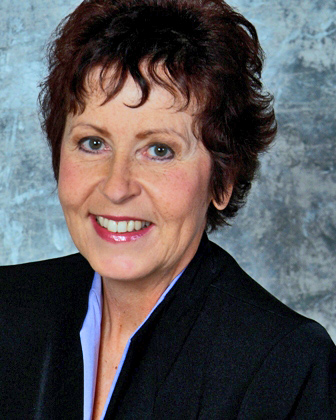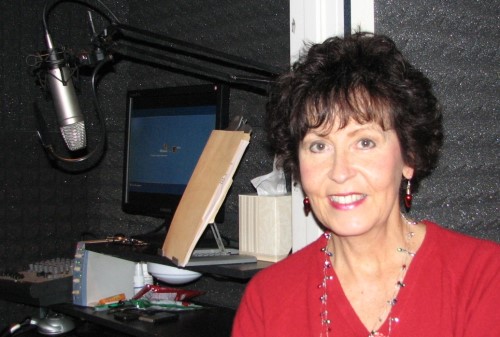|
Unions: Should You Join? Consider
How It Will Affect You And Income
By Bobbin Beam
Voice Actor
 I‘ve been a member of AFTRA (American Federation of Television & Radio Artists) and SAG (Screen Actors Guild) since the mid-1980s. As a matter of fact, I was very involved. I‘ve been a member of AFTRA (American Federation of Television & Radio Artists) and SAG (Screen Actors Guild) since the mid-1980s. As a matter of fact, I was very involved. I had grown my career to a point where I was making a good living doing union work in San Diego and Los Angeles, and there was plenty of it. I was local AFTRA president until 1990, at which time I went on honorable withdrawal from both unions to become the San Diego Local’s hired Executive Director - a post I held for nearly five years.
During that period, I learned and lived a lifetime of union experience. And this is why VoiceOverXtra asked me to write an overview article about unions, and to explain what voice actors should consider about joining them.
SHOULD YOU JOIN?
Whether or not to join a union is entirely an individual’s choice. There is no absolute right or wrong - just opinions, and strong ones, on either side of the case.
Like arguing over religion or politics, no one will win that fight.
Union membership has many benefits - including higher pay, residuals and health insurance. There may also be a Union Security Clause in a contract that you are working under - for instance, at a broadcast network or in a major feature film – that will push your decision along.
WILLING TO PICKET?
But union membership bars you from performing non-union work, which affects your income and ability to qualify for many union benefits in the first place.
And all those neat benefits don’t fall from the sky. Unions fight for them. So the current writers’ union strike reminds you to also determine if you are willing to:
Here’s how to weigh all the pros and cons of union membership.
WHY THE UNIONS?
The basic reasons for actors’ unions to be formed in the first place were to:
THE ADVANTAGES
There are certainly many favorable reasons to become a member of an actors’ union, including getting:
THE CONCERNS …
Yet there are also reasons to refrain from joining a union:
UNION STRUCTURES
There are paid staffs in all unions. The governing bodies are entirely made up of unpaid members volunteering their time.
But in general, unions are political by nature, both inside and outside their basic structures.
A union truly is the membership, so if enough members feel that the union is going astray or not addressing their concerns, they can vote the Council or Board Members out and replace them with those who represent their views more adequately.
MUCH CHANGE
When I decided to leave my paid union staff position years ago to set up a sign design and digital graphics company with my spouse, I reactivated union membership and returned to freelance talent work, part time.
We eventually sold our successful business, and by mid 2005 I was back to being a full-time voice actress, and rebuilding my “new voice-over business” - essentially, from scratch.
I found that the industry had vastly changed from when I had been making a full-time living at it only 17 years before. And it continues to evolve.
 Bobbin Beam is a very active voice talent, specializing in projects for broadcast and business. She also writes an informative industry blog (see below).
Web: www.bobbinbeam.com
Also see: Union Web Sites & Union Contract Rates
|
Tell Us What YOU Think!
Please Note: Since we check for spam, there will be a slight delay in the actual posting of your comment.
Comments
No comments have been posted yet. Hurry, and you could be the first!



.png)





click for new article alerts